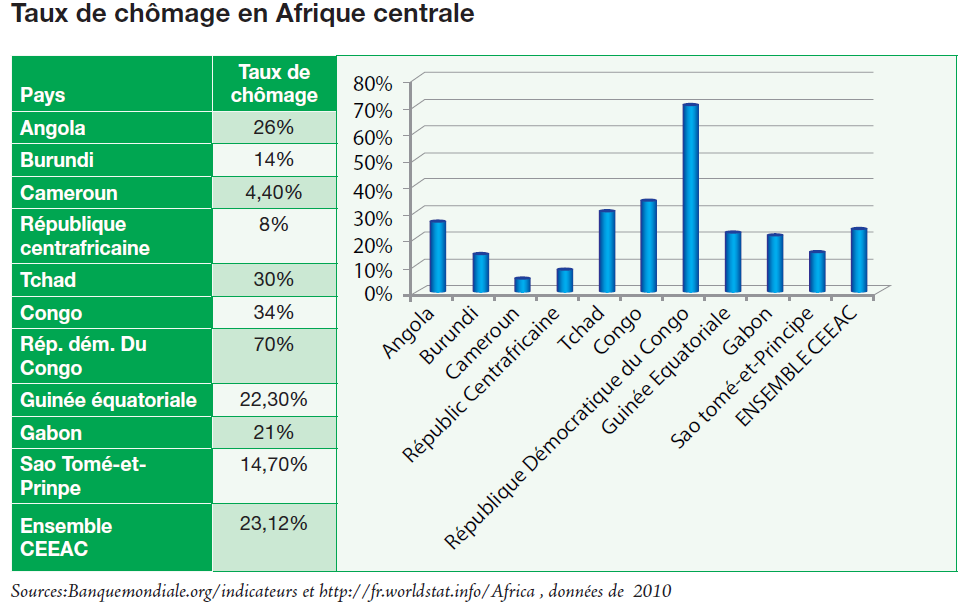'Brain Drain' Continues as Sub-Saharan Africa Bleeds Skilled Labor
By Andrew Soergel
accessible onhttp://www.usnews.com/news/best-countries/articles/2016-10-07/sub-saharan-africa-bleeds-skilled-labor-as-brain-drain-continues
Buried in the International Monetary Fund's massive 289-page World Economic Outlook report released earlier this week is a small line about a big problem for the labor markets of sub-Saharan Africa.
accessible onhttp://www.usnews.com/news/best-countries/articles/2016-10-07/sub-saharan-africa-bleeds-skilled-labor-as-brain-drain-continues
Buried in the International Monetary Fund's massive 289-page World Economic Outlook report released earlier this week is a small line about a big problem for the labor markets of sub-Saharan Africa.
A region of the world that the World Bank believed was home to more than
1 billion people in 2015 is suffering from what the IMF refers to as a
"brain drain" as young, skilled workers depart from the region,
leaving educated and technically proficient professionals in short supply.
The exodus of young, educated
workers is taking a toll on a region where human capital is scarce, the report
said. "The migration of highly skilled workers entails a high social cost,
as is evidenced by the departure of doctors and nurses from Malawi and Zimbabwe,
which may mean welfare losses beyond those that are purely economic."
Reasons for migration vary by
country. The refugees that in recent decades have fled violence in Rwanda, for
example, would be considered "humanitarian" migrants by the IMF.
Those leaving countries such as Zimbabwe for better employment opportunities
would be classified as "economic" or "voluntary" migrants.
It's unfair to paint the
diverse economies of sub-Saharan Africa with the same brush. But regardless of
one's reason for leaving, data clearly supports the notion that sub-Saharan
African populations are shedding workers that could potentially serve as doctors,
engineers and skilled employees domestically.
The Organization for Economic
Cooperation and Development and the United Nations Department of Economic and
Social Affairs in 2013 estimated that one in nine people
born in Africa with a post-secondary education had migrated to a developed
nation outside of the African continent. The United State's own African-born
population is believed to have doubled in each decade since 1970, according to
the Census Bureau.
As a result, there aren't
enough skilled workers to go around in many sub-Saharan African countries. The World Health Organization estimates
Zimbabwe held only 0.08 physicians per 1,000 people in the country's
population. Malawi in 2009 held only 0.019 physicians per 1,000 people, while
Mauritania's concentration sat at 0.13.
For comparison's sake, the
U.S. held 2.45 doctors per 1,000 people in 2011. A general lack of skilled and
technically advanced workers such as doctors leaves countries susceptible to
medical and infrastructural emergencies. This was highlighted in 2014 when the
deadly Ebola virus ravaged Sierra Leone, Liberia and Guinea – which didn't have
nearly enough in-house medical personnel to effectively treat and contain the
epidemic. The most recent data from these three countries indicates they held
no more than 0.1 physicians per 1,000 citizens.
Scott Firsing, who's currently
an adjunct professor at the University of North Carolina's Wilmington campus
and who spent nearly a decade working and conducting research in South Africa, broke down World Bank data in a
January blog post for the
London School of Economics and Political Science, noting that African migration
doubled between 1980 and 2010, while the percentage of those migrants who
elected to stay in Africa steadily declined.
But he says those estimates
are far from all-encompassing.
"The problem is, the data
is difficult to break down. The immigration between a lot of these countries is
really nonexistent," Firsing says, "It's a statistical nightmare,
this movement. People say there are more and more opportunities back in Africa,
but what I found, particularly among my friends who went off to work in
Australia … they're getting picked up left, right and center from Africa."
Part of the reason for
migration, he says, is a lack of opportunity – both professionally and in the
realm of education. He says it's common for young, aspiring professionals to
travel to Europe, the U.S. or Australia to further their education.
"In Africa, you don't
really see that connection between the private sector and the universities. You
don't have government funding poured into the universities. You don't have the
skilled professors at the universities," he says. "They don't have
people to actually teach them. And if they do, they end up just leaving."
Even South Africa – a country that serves as a
destination point for many African migrants from the north – is suffering the
effects of a brain drain. Competition fromChina has
"decimated" the country's once vibrant manufacturing sector, Firsing
says, and other opportunities for skilled workers have left the country as
industries requiring such expertise have dried up.
And for those who already left
for school or work in other countries, it's often difficult to justify
returning, he says. Remittance payments are still an important source of cash
for many in sub-Saharan Africa, but even the most homesick and patriotic expats
may find it difficult to return home.
"If they're in a pretty
decent paying job and they're pretty settled, you know how it is. It's tough to
say, 'Ok, let's pack up and make the move again.' It's taxing on money and
emotions and all that," Firsing says.
The IMF report notes that
there is some evidence of skilled African expatriates eventually trickling back
to their home nations, bringing with them "new skills" to those
economies. And the remittance payments others provide allow those living
overseas to help address poverty and support their families in their home
nation, even if they're not personally stimulating that labor market.
But the outflow of skilled
labor and young people seeking higher levels of education is still worrying
enough for the IMF to highlight. And migration out of Africa shows few signs of
slowing down.
"[IMF calculations]
suggest that [sub-Saharan Africa's] migrants in OECD countries could increase
from about 7 million in 2013 to about 34 million by 2050," the report
said, noting that slow population growth in developed nations means the ratio
of such immigrants to a given country's population could "increase
sixfold" over the next few decades



Comments
Post a Comment